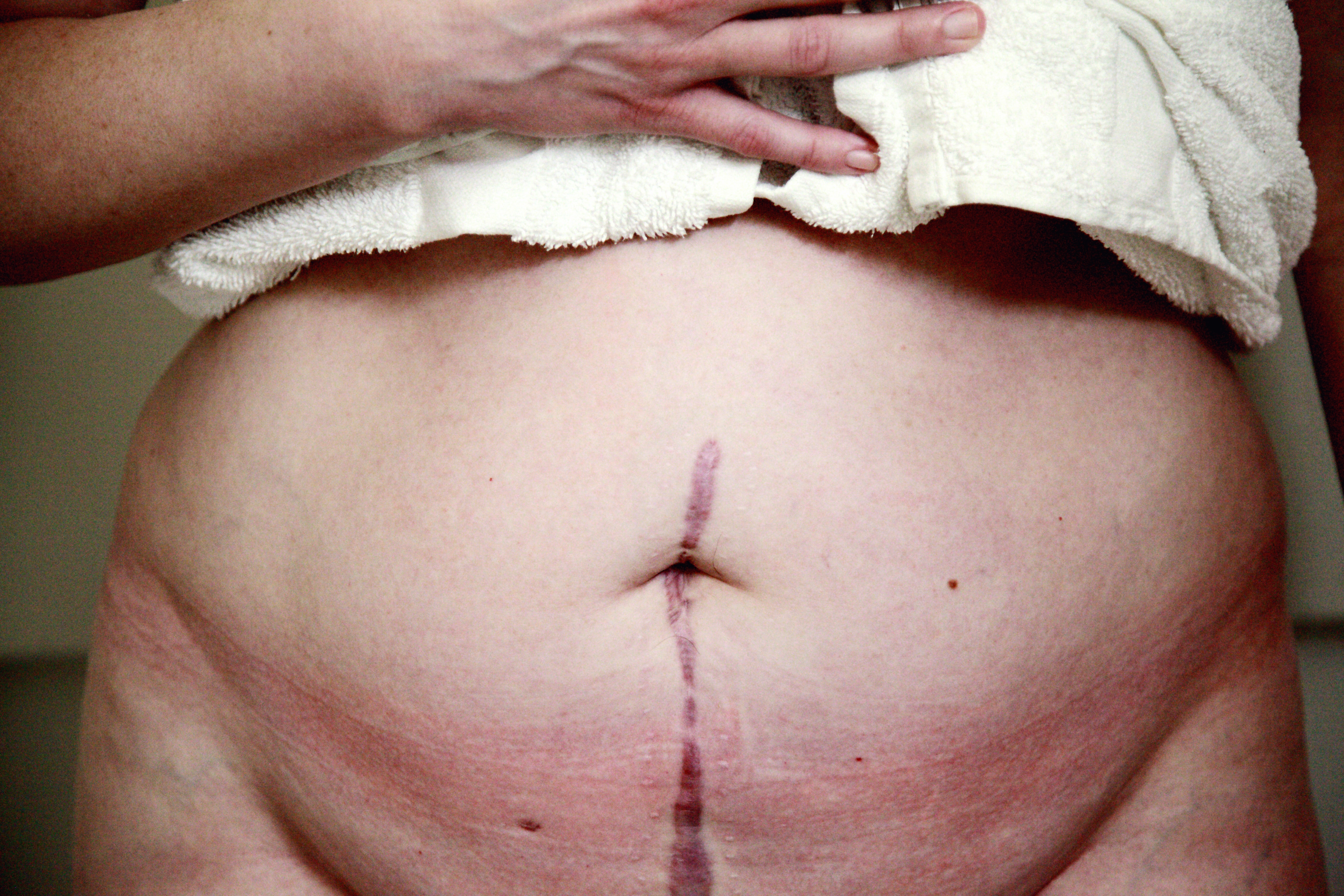General Health Tips & News
Hernias: Things You Need to Know
By S.I. (staff writer) , published on November 29, 2022

Medicine Telehealth Health protrusion hernia
What is a hernia?
A hernia arises when an organ pushes through a hole or potential weakness in the muscle or tissue that holds it in place. The intestines, for example, may break through a weakened spot in the abdominal wall.
The following are the most prevalent types of hernias:
1. Inguinal hernia:
The most frequent type of hernia is an inguinal hernia. They are caused when the intestines push through a weak point or rip in the lower abdominal wall, most commonly in the inguinal canal [1].
2. Femoral hernia:
It is a condition in which fatty tissue or a portion of the intestine protrudes into the groin near the top of the inner thigh. Femoral hernias are far less prevalent than inguinal hernias, and they primarily affect older women [2].
3. Umbilical hernia:
It occurs when fatty tissue or a portion of the intestine protrudes through the abdomen around the navel (belly button).
4. Hiatal (hiatus) hernia:
A portion of the stomach pushes up into the chest cavity through a diaphragmatic hole (the horizontal sheet of muscle that separates the chest from the abdomen) [3].
What are the Symptoms of a Hernia?
When lying down, a hernia in the belly or groin can cause a visible lump or protrusion that can be pushed back in or disappear. Laughing, crying, coughing, straining during a bowel movement, or engaging in physical activity may cause the lump to resurface after it has been moved into the colon. Other signs of a hernia include:
- Swelling or bulge in the groin or scrotum (the pouch that contains the testicles).
- A dull aching sensation.
- Pain while lifting.
- A sense of feeling full or signs of bowel obstruction.
- Increase in the bulge size over time.
- Increased pain at the site of the bulge.
There are no bulges on the outside of the body in the case of Hiatal hernias. Rather, symptoms such as heartburn, indigestion, trouble swallowing, frequent regurgitation (bringing food back up) and chest pain may occur.
What are the Causes of Hernia?
Inguinal and femoral hernias are caused by the weakening of muscles that may have existed since birth or are caused by aging and frequent strains on the abdomen and groin areas. Physical exertion, weight, pregnancy, regular coughing, or straining on the toilet due to constipation can all cause strain [4].
Adults can develop an umbilical hernia by straining the abdomen area, being overweight, having a persistent cough, or giving delivery.
The cause of Hiatal hernias is unknown, but age-related diaphragm weakness or abdominal pressure may play a role.
What is the Treatment of Hernia?
Surgical correction is the only effective technique to treat a hernia. The size of your hernia and the severity of your symptoms will determine whether or not you require surgery [5].
Your doctor may simply want to keep an eye on your hernia for any complications. This method is known as watchful waiting.
Wearing a truss may assist to alleviate hernia symptoms in some circumstances. A truss is a supporting undergarment that aids in the retention of the hernia. Before wearing a truss, always consult with your doctor to ensure that it fits properly.
Over-the-counter (OTC) and prescription drugs that lower stomach acid can relieve discomfort and improve symptoms if you have a hiatal hernia. Antacids, H2 receptor blockers, and proton pump inhibitors are examples of such medications.
References:
- https://www.sciencedirect.com/science/article/abs/pii/001138409190028N
- https://link.springer.com/article/10.1007/s004640000108
- https://www.sciencedirect.com/science/article/abs/pii/S1521691807001795
- https://www.ncbi.nlm.nih.gov/pmc/articles/PMC2147806
- https://www.proquest.com/openview/0f00320137dd10a28d4e0d5b2c83c3ff/1?pq-origsite=gscholar&cbl=41361https://www.proquest.com/openview/0f00320137dd10a28d4e0d5b2c83c3ff/1?pq-origsite=gscholar&cbl=41361
Find articles related to: Medicine Telehealth Health protrusion hernia
More articles about General Health Tips & News
Back to the Health Tips Index




